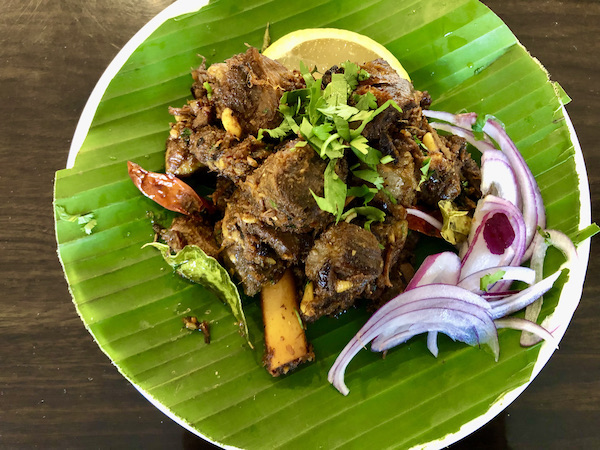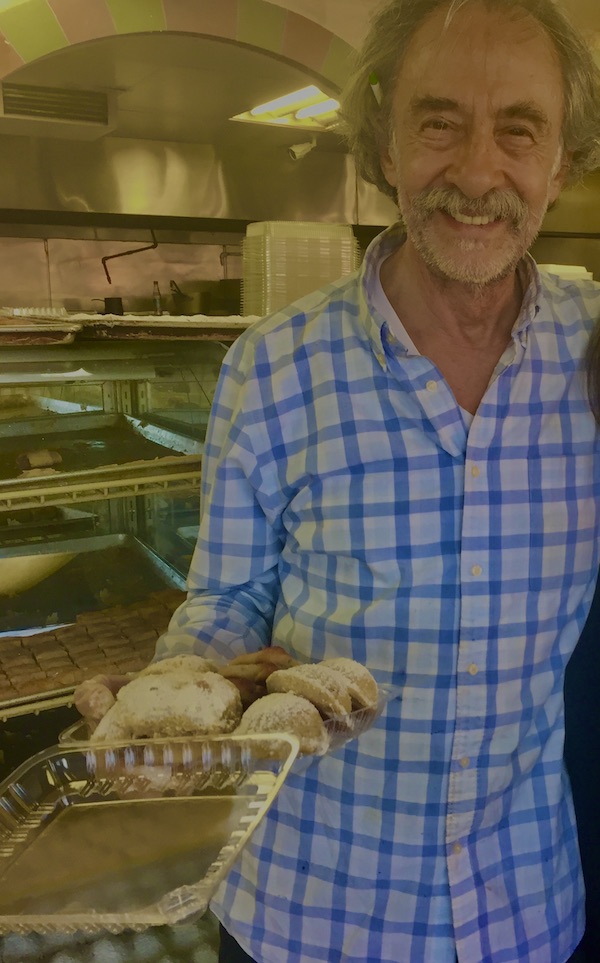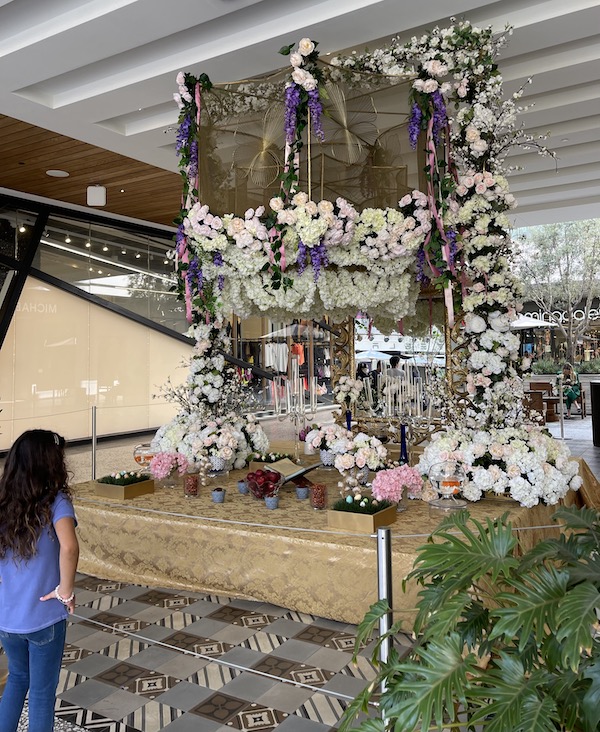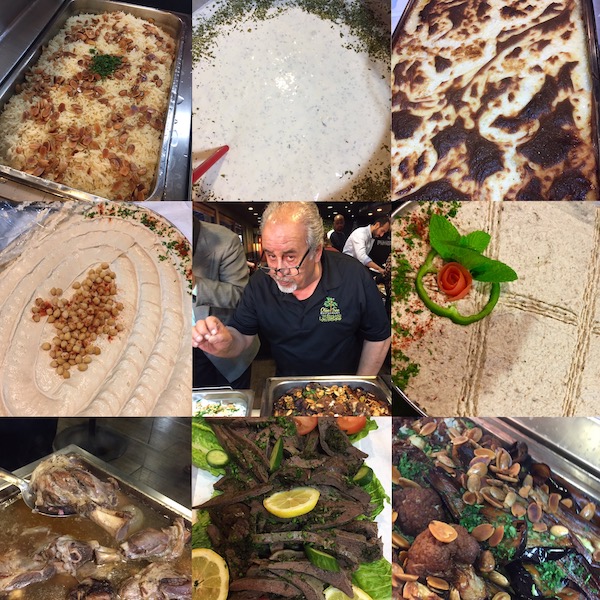Celebrating the Two Major Muslim “Eids”
Muslims all over the world this week are celebrating Eid al-Adha. Eid al-Fitr, one of the religion’s principal festivals was celebrated in spring. Ken Chitwood, a scholar of global Islam, helped us understand the two Islamic festivals.
Eid literally means festival or feast in Arabic. There are two major eids in the Islamic calendar per year – Eid al-Fitr earlier in the year and Eid al-Adha later. Both follow the lunar calendar.
The second and Eid al-Adha, is the “feast of the sacrifice.” It comes at the end of the Hajj. This annual pilgrimage by millions of Muslims to the holy city of Mecca in Saudi Arabia is made at least once in a lifetime.
Eid al-Adha recalls the story of how God commanded Ibrahim to sacrifice his son Ismail as a test of faith. The story, as narrated in the Quran, describes Satan’s attempt to tempt Ibrahim so he would disobey God’s command. Ibrahim, however, remains unmoved and informs Ismail, who is willing to be sacrificed.
But, just as Ibrahim attempts to kill his son, God intervenes and a ram is sacrificed in place of Ismail. During Eid al-Adha, Muslims slaughter an animal to remember Ibrahim’s sacrifice and remind themselves of the need to submit to the will of God.

Eid al-Fitr Eid al-Fitr is celebrated on the first day of the 10th month in the Islamic calendar. This three-day-long festival and is known as the “Lesser” or “Smaller Eid” when compared to Eid al-Adha, which is four-days-long and is known as the “Greater Eid.”

Eid al-Fitr means “the feast of breaking the fast.” The fast, in this instance, is Ramadan, which recalls the revealing of the Quran to Prophet Muhammad and requires Muslims to fast from sunrise to sundown for a month.
Eid al-Fitr features two to three days of celebrations that include special morning prayers. special . People greet each other with “Eid Mubarak,” meaning “Blessed Eid” and with formal embraces.
Sweet dishes are prepared at home and gifts are given to children and to those in need. In addition, Muslims are encouraged to forgive and seek forgiveness.
For more information on halal meats, please see: //localfoodeater.com/what-is-halal-and-why-it-is-going-viral/



 Gerry Furth-Sides
Gerry Furth-Sides  Barbara Hansen
Barbara Hansen  Chef-owner Alain Cohen
Chef-owner Alain Cohen  Roberta Deen
Roberta Deen  Jose Martinez
Jose Martinez  Nivedita Basu
Nivedita Basu